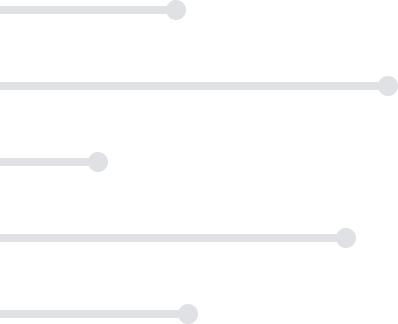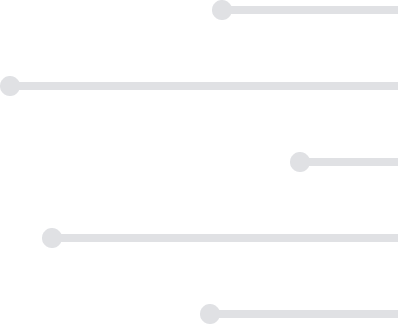
$79
Plus membership
3 Credits
All courses include:
eTextbooks
2 to 3-day turnaround for grading
Multiple chances to improve your grade
On-demand tutoring & writing center
Student support 7 days a week
$79
Plus membership
3 Credits
All courses include:
eTextbooks
2 to 3-day turnaround for grading
Multiple chances to improve your grade
On-demand tutoring & writing center
Student support 7 days a week
Western Civilization II
$79
Plus membership
3 Credits
About This Course
ACE Approved 2021
Western Civilization II provides a comprehensive overview of concepts, people, and events that shaped Western culture from the eighteenth to the twenty-first centuries. Throughout our online Western Civilization II course, you will learn about topics like the rise of Eastern and Western Europe; the Enlightenment-era philosophies; the impact of the French Revolution on political, social, and economic world order; and the effects of the industrial revolution on Western society.
Course Outcomes
Identify the major concepts, persons, and events that contributed to nation-building and the war for order in the eighteenth century.
Compare and contrast the rise of Eastern and Western Europe.
Describe the change in European and world culture resulting from Enlightenment-era philosophies.
Describe the impact of the French Revolution on the political, economic, and social world order.
Describe the rise and fall of Napoleon Bonaparte and explain his legacy.
Compare and contrast the benefits and burdens of industrialization.
Examine the effects of the Industrial Revolution in England on Western society and describe the causes for its rapid growth.
Identify and describe the people, ideas, and technologies that radically changed the traditional social, economic, and political environment of the early nineteenth century.
Explain the change in Western culture resulting from unification era politics.
Summarize the evolution of Imperialism and compare and contrast the various methods of imperial indoctrination.
Compare and contrast the major political, economic, and social reforms that ignited a mass emigration of European peoples to the U.S. during the late nineteenth and early twentieth century.
Define evolution and explain the conflict between evolutionary theory and religious theology.
Identify the root causes and explain how World War I changed the world order.
Describe the struggles of the Western world during postwar recovery.
Compare and contrast the various technologies, battles, and strategies that affected the outcome of WWII.
Examine the social, economic, and political changes that have occurred in the twentieth century, and describe the role of the United States, China, and the Soviet Union as world superpowers.
Course Text
Prefer the hard copy? Simply purchase from your favorite textbook reseller; you will still get the eTextbook for free. The required eTextbook for this course is included with your course purchase at no additional cost.
The West in the World
Sherman, Dennis and Salisbury, Joyce. The West in the World, 5th edition, McGraw-Hill, 2014, ISBN: 9780073407036


Earn College Credit That Will Transfer
Transfer into over 3000+ institutions that accept ACE courses or transfer directly into 150+ partner schools.
view all partners

